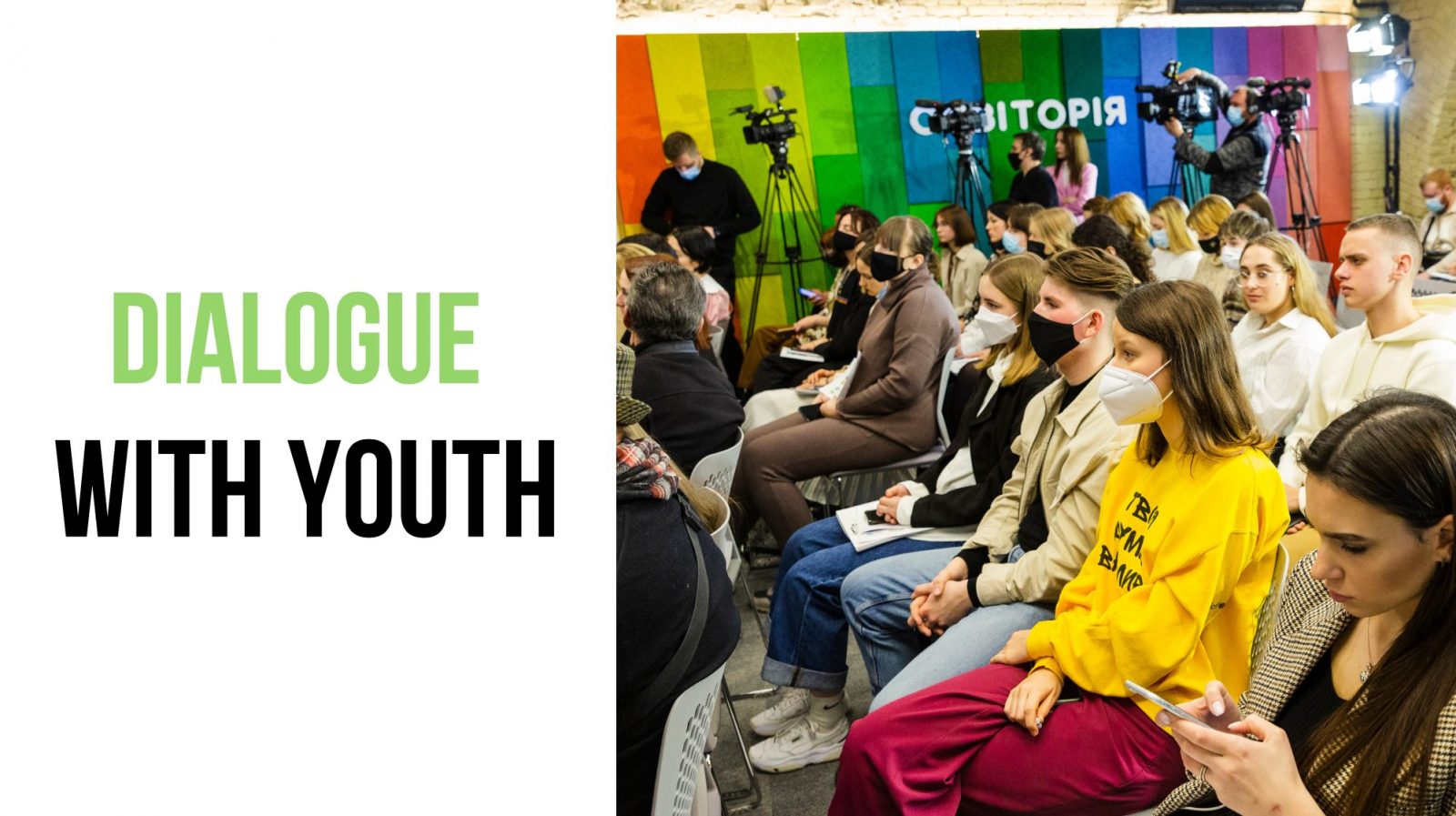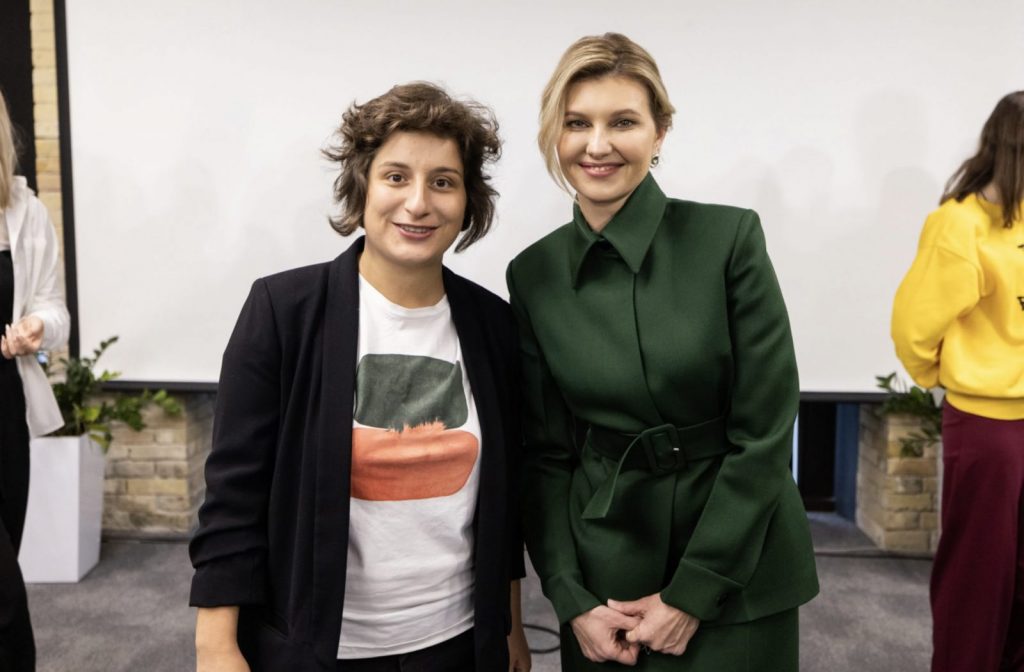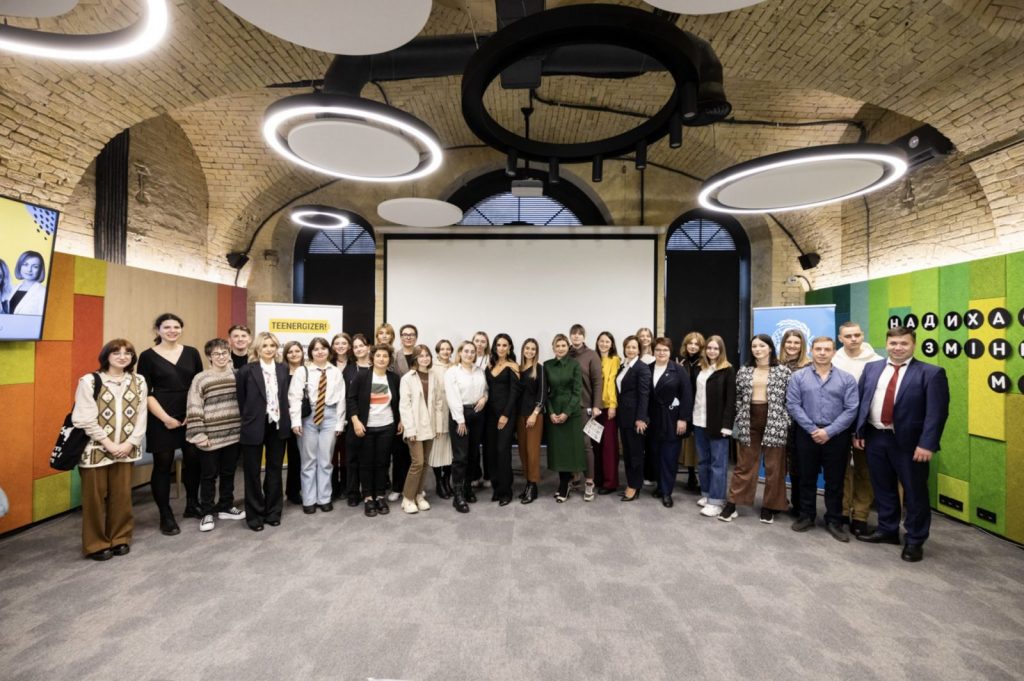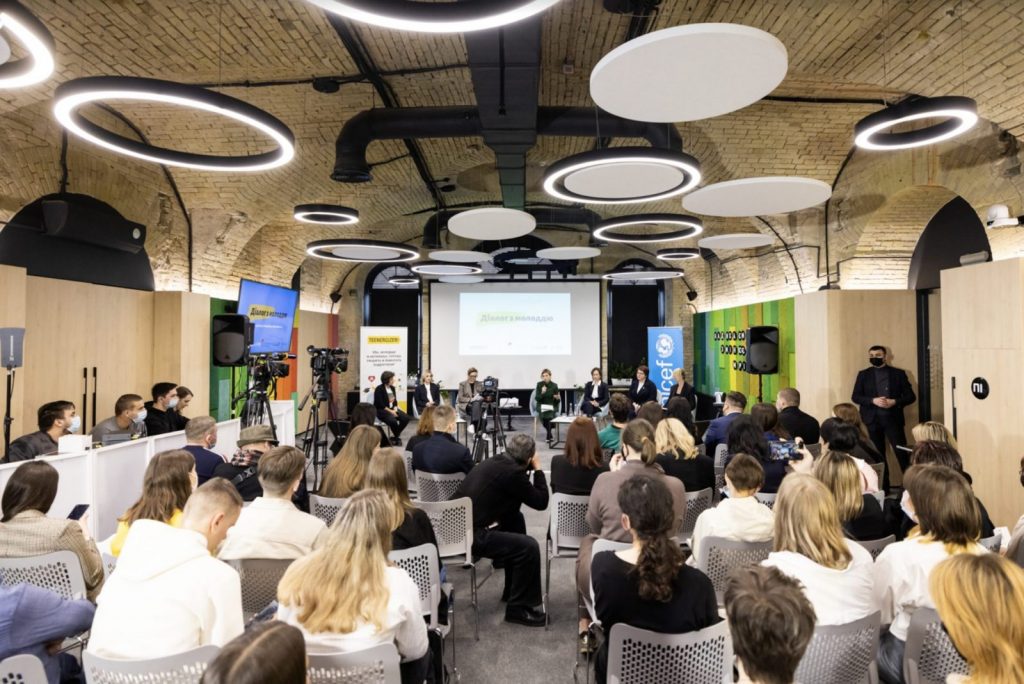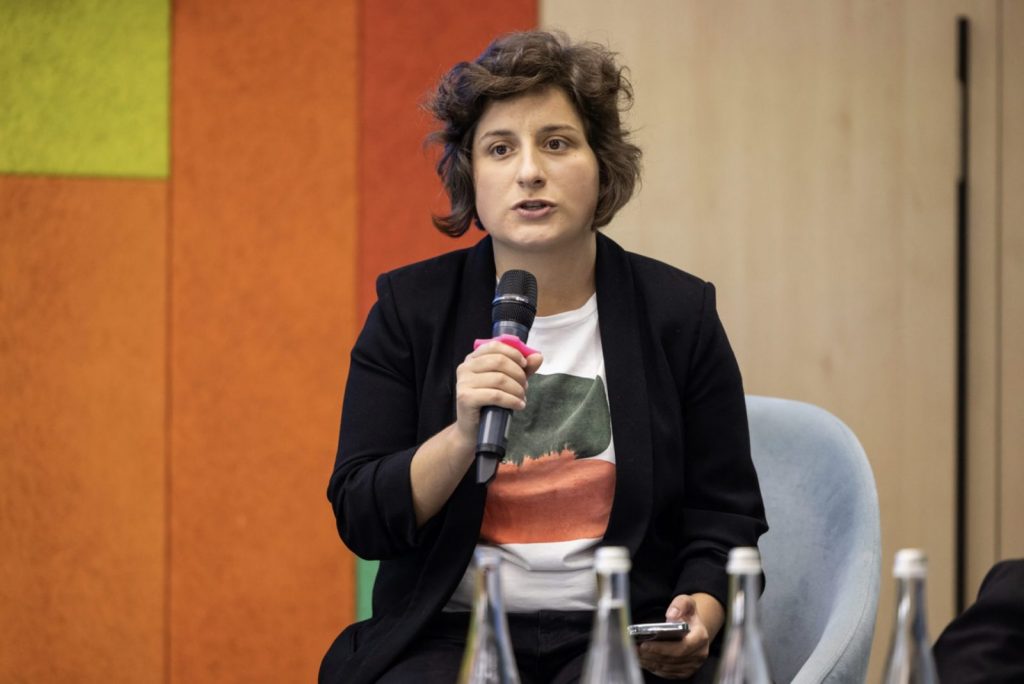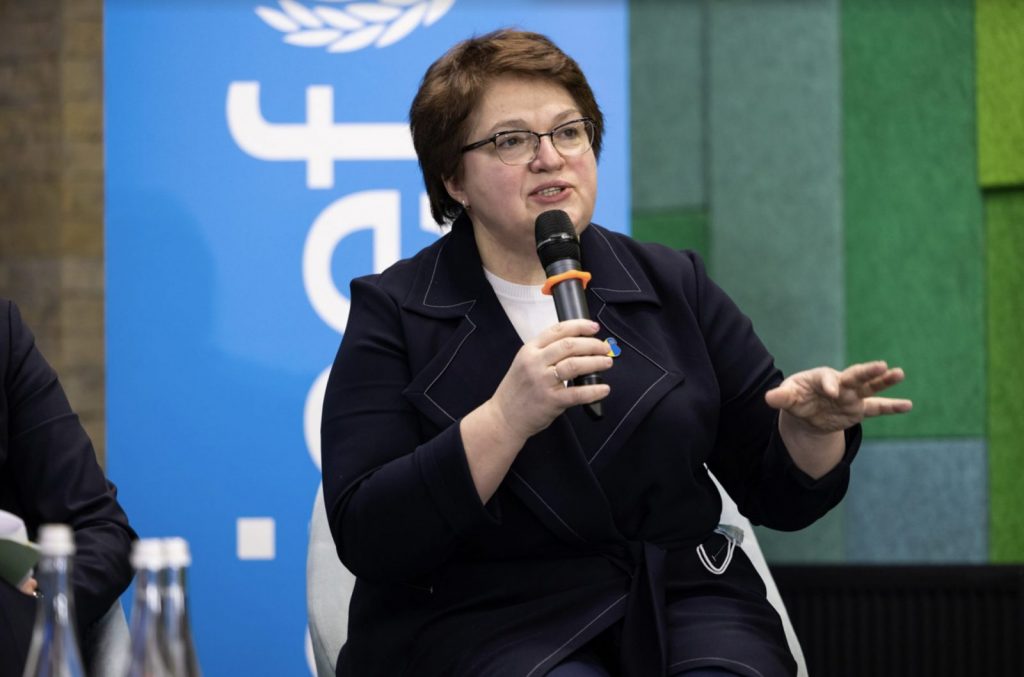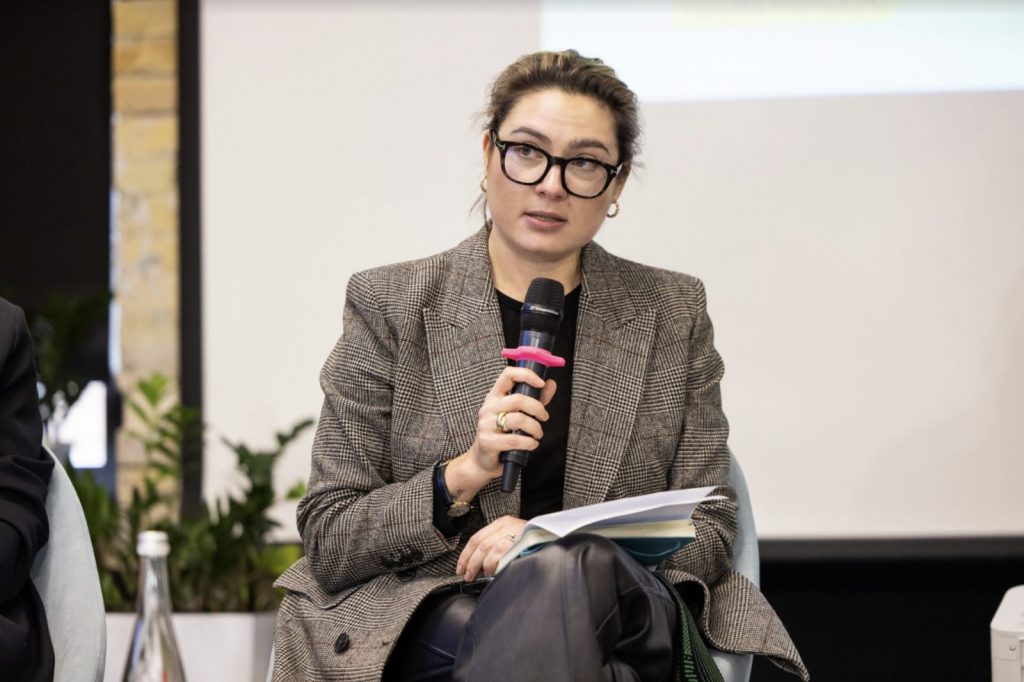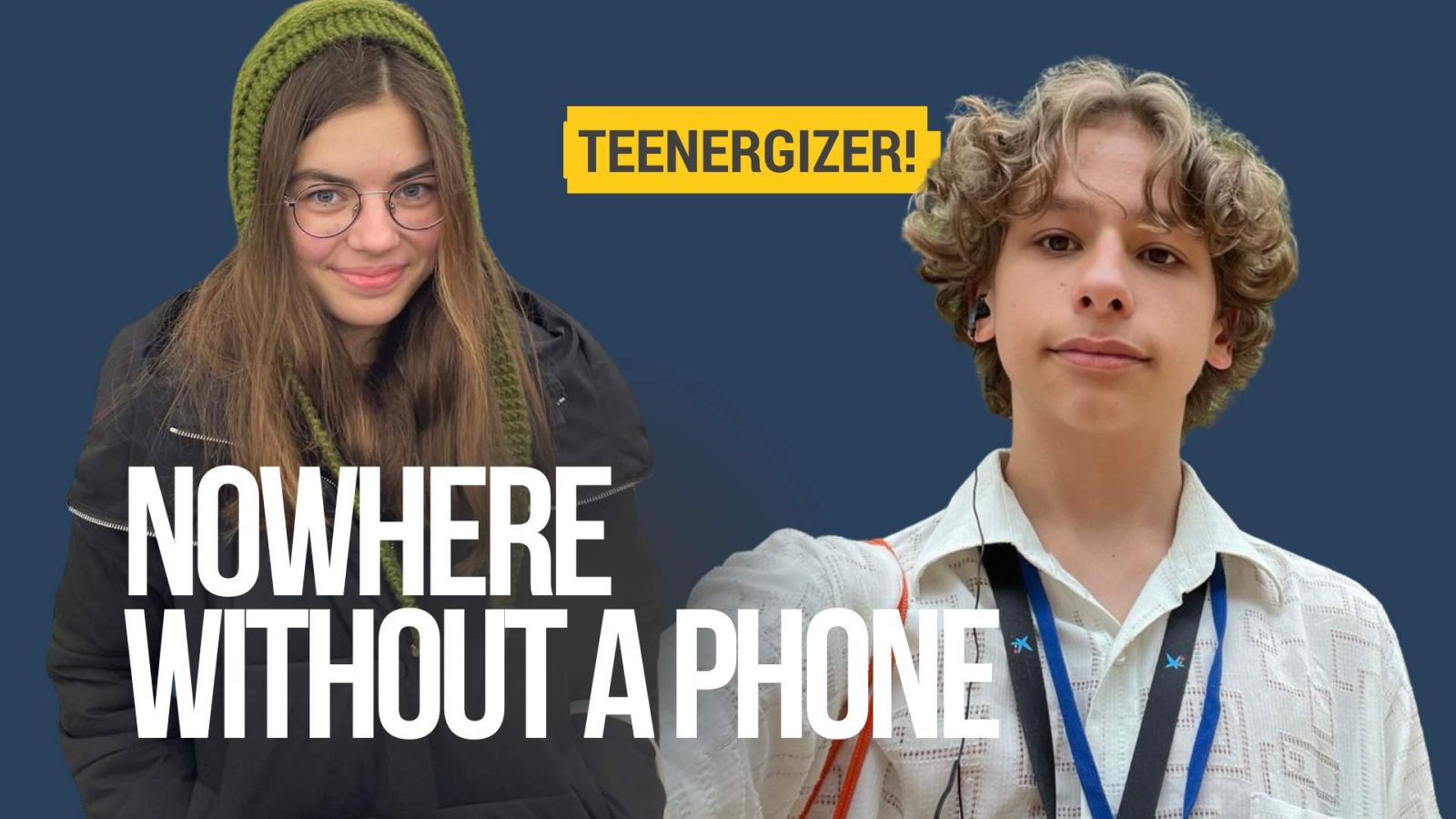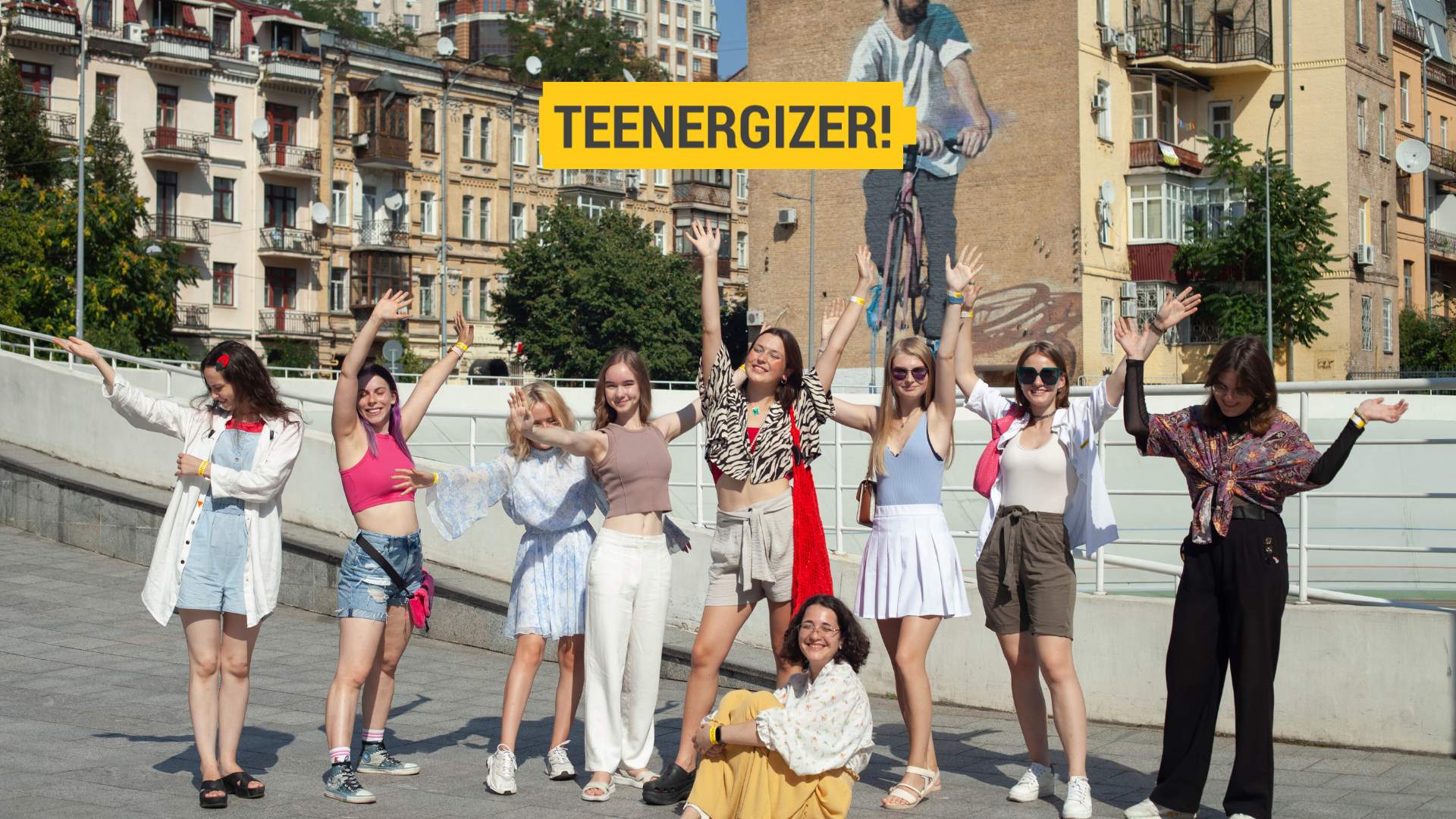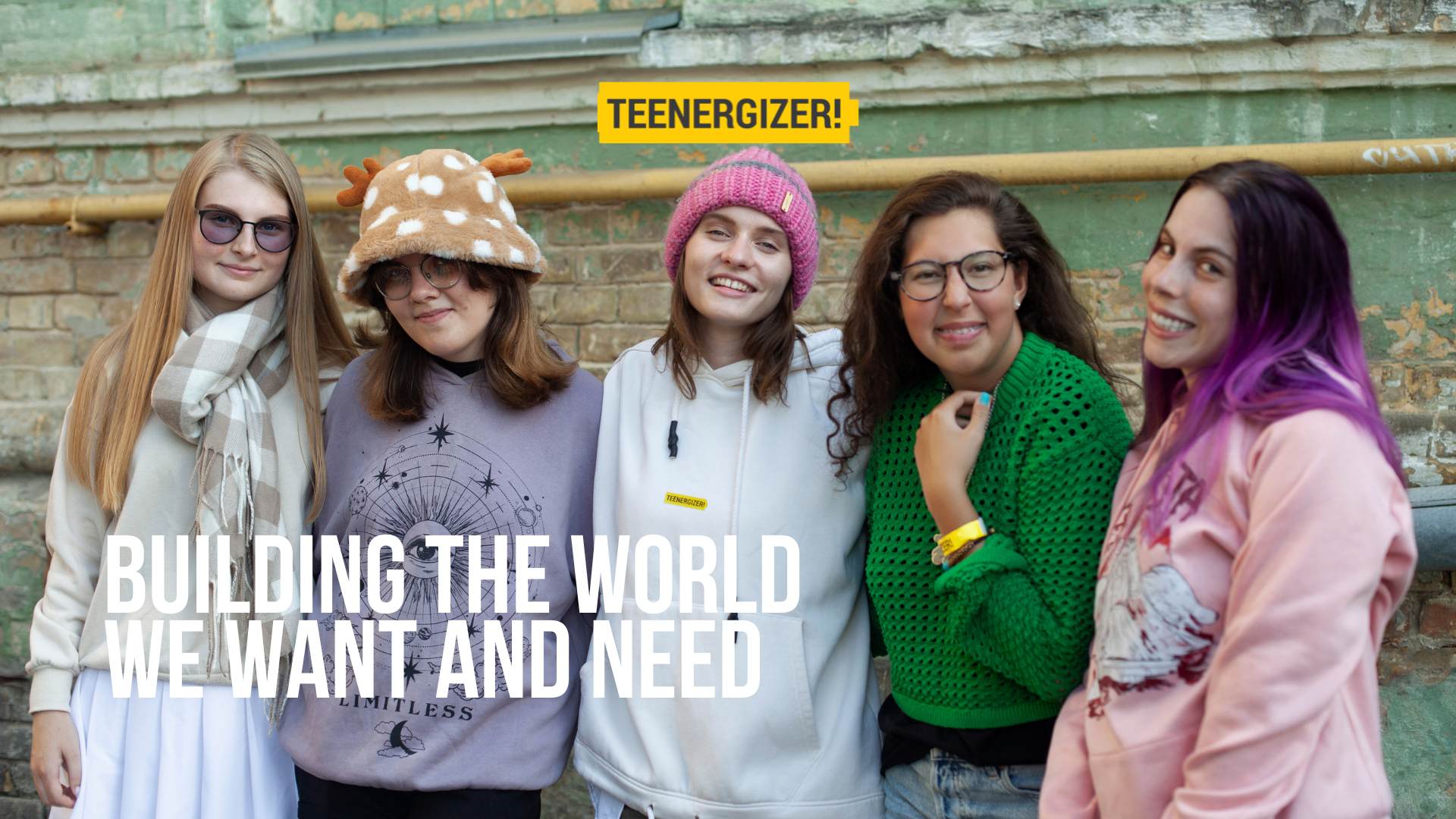At the initiative of the youth movement Teenergizer and the United Nations Children’s Fund (UNICEF) Grand Challenges Canada and MH4U, a dialogue with young people “Mental Health Care” was held in Kyiv. During the event, young people, along with the First Lady, government, international and non-governmental organizations, and celebrities, discussed the most common mental health issues among adolescents and young people.
“It`s not common to complain about anxiety, bad mood, sadness in our society, especially when you are a young man, a teenager. “Well, what are your serious concerns?”, says traditional society. And this is a devaluation of the problem. Last autumn UNICEF re-examined the mental health of adolescents and young people in 21 countries. One in five respondents between the ages of 15 and 24 admitted that they felt depressed and did not feel inspired to do anything. “Especially during the pandemic, when the usual way of life” broke down”, close people got sick and lost their jobs,” said Olena Zelenska, Ukraine’s first lady, during her speech.
During the dialogue expanding access to free psychological support for young people and connection with the Action Plan for 2021-2023 within the framework of the Concept of Mental Health Development in Ukraine were discusses. Adolescent mental health is a complex multidisciplinary issue. The education, social services, health, youth, media, and other sectors need to work together to provide the services and support every teenagrer needs.
The main emphasis in providing psychological support is on the “peer-to-peer” approach because teenagers and young people tend to trust their peers much more than adults. Through the peer-to-peer mechanism, psychological support is provided to adolescents who do not usually seek help from either parents or teachers. According to a UNICEF study, adolescents are more likely to seek psychological help online. The most frequent requests concern consultations in anonymous chats, or on platforms of public organizations, profile specialists. Therefore, online psychological support is the main channel that young people turn to.
The Teenergizer youth movement team spoke about free online counseling for teens, which is available at https://teenergizer.org/.
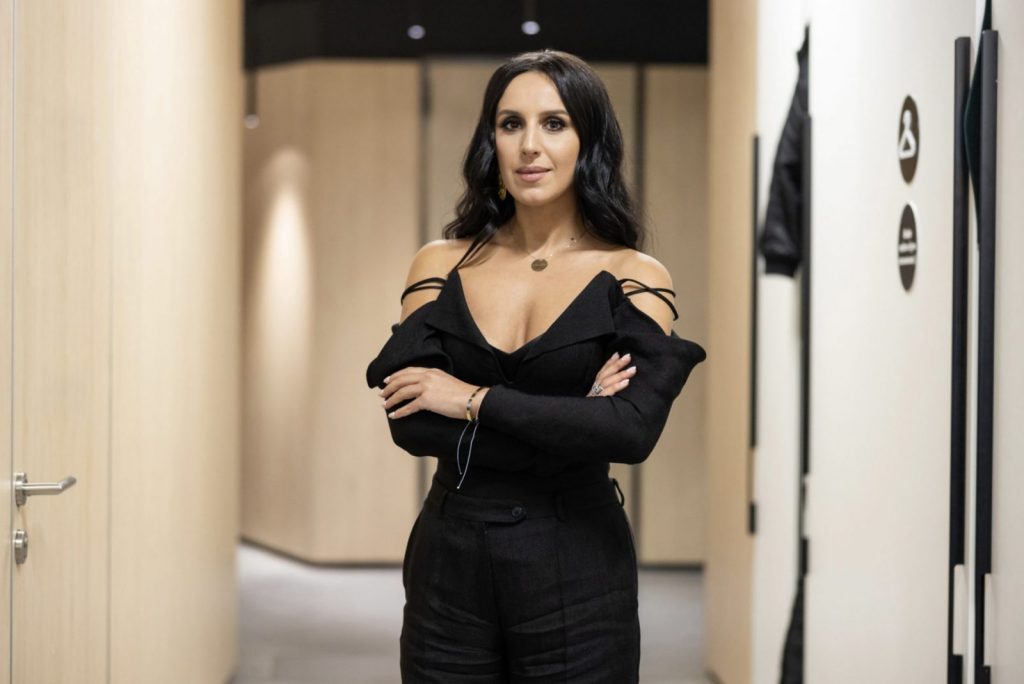
Immediately after the event, the President of Ukraine’s website reported that all young people can ask Teenergizer for free of charge and anonymous psychological support! Peer counselors suggested including such services in programs at the state and community levels. Teenergizer also proposed to take into account the mental health of adolescents in the implementation of the Concept for the Development of Mental Health in Ukraine and to resume the activities of the youth group at the Ministry of Health. In this way, teenagers will be able to join the discussion and suggest their own solutions based on the experience of their peers.
Since the beginning of the pandemic, UNICEF and Teenergizer have been implementing a project to expand and improve online counseling for adolescents. During this time, 130 peer counselors were trained and provided more than 12,000 online consultations for adolescents. The most common topics are personal relationships, sexual health, self-harm, symptoms of depression, etc.
“Working with adolescents and young people in Ukraine and throughout Eastern Europe and Central Asia since 2015, Teenergizer has seen a rapid increase in demand for mental health support among young people, while the availability of youth-friendly mental health services in at the state level, unfortunately, remains limited. Distance learning, work at home, isolation from peers and friends, the need to constantly adapt to new living conditions, as well as the fear of losing family income significantly affect the mental health of young people. However, adolescents rarely discuss these issues with their parents at home or with teachers in schools. Leading world experience shows that peer-to-peer support is often crucial, ”said Yana Panfilova, Teenergizer’s CEO.
Also, the Ministry of Health (MOH) announced the resumption of the youth group, which will work on key decisions in youth policy at the state level.
`We as adults have to be there at this time. And it is extremely important for teenagers to trust not only parents and teachers, but also medical centers that should be ready to provide the necessary support or assistance. For the first time in many years, the Ministry of Health has taken important steps to expand and fund mental health services, including for children and youth. We are open to work with the youth advisory group, which we will create in the near future at the Ministry of Health. This group will include representatives of the most effective public and international organizations working with youth. This experience will help us better understand the needs and demands of the youth environment, take into account its interests for the further implementation of health programs. Our priority for all of us is to transform the “traditional” system of psychiatric care into mental health care in every community, “said Iryna Mykychak, Deputy Minister of Health of Ukraine.
Adolescents expect active joint informational and educational activities to maintain and improve mental health. The U-Report survey found that 71% of young people need more information about their mental health. In the same survey, most young people consider active public debate among opinion and media leaders to be the best approach to reducing stigma around this issue.
“Over the past two years, the pandemic has highlighted the iceberg of adolescent mental health issues, and now the problem is exacerbated. UNICEF estimates that nearly 46,000 adolescents worldwide commit suicide each year. In Ukraine, self-harm is one of the leading causes of death among adolescents aged 15-19. Adolescent mental health is something that brings different sectors together, so there is a need for effective collaboration between ministries, international and non-governmental organizations, local authorities and other partners, putting adolescent life at the center of attention. There are already effective initiatives such as the Child and Youth Friendly Community and the Apshift Youth Program, and we are ready to further develop these areas so that young people can participate in problem-solving and engage in policy-making. I see that today’s youth is definitely different from previous generations and they are definitely stronger, “said Anna Sukhodolska, Head of Behavioral Communications at the United Nations Children’s Fund (UNICEF).
The Round Table is part of the projects “Involving young people to provide mental/emotional support to their peers during the pandemic” with the support of the United Nations Children’s Fund (UNICEF), the #ShareWeCare, which is supported by Grand Challenges Canada and “Mental Health for Ukraine” which is supported by MH4U.

